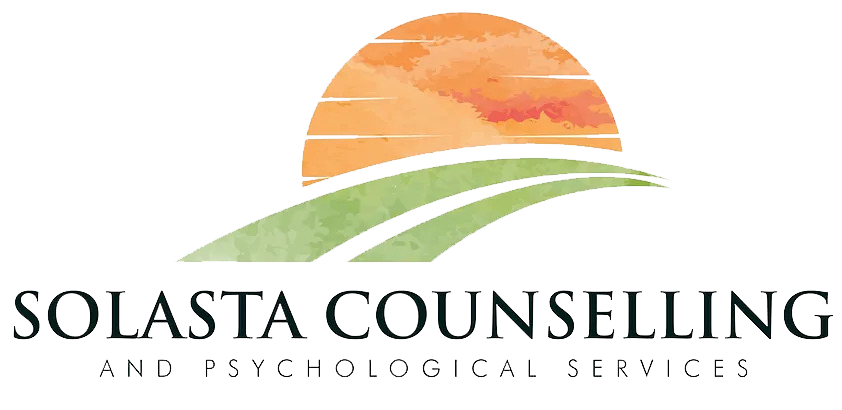Why So Many Adults Are Resonating With Adult Children of Emotionally Immature Parents
If you’ve ever found yourself second-guessing your childhood experience – thinking “It wasn’t abusive, but something just felt off” – you’re not alone. In fact, that exact feeling is what’s drawn so many people to Lindsay C. Gibson’s bestselling book, Adult Children of Emotionally Immature Parents.
It’s been quietly making waves over the past few years, and for good reason. It gives language to a type of emotional neglect that’s hard to spot but deeply impactful.
What Is an Emotionally Immature Parent?
Emotionally immature parents often look “normal” from the outside. They might have gone to work, made dinner, paid the bills, but struggled when it came to showing empathy, validating your emotions, or helping you feel seen and safe.
In her book, Gibson describes four types of emotionally immature parents:
- Emotional: reactive, unpredictable, overwhelmed by their own feelings
- Driven: perfectionistic and focused on achievement, not emotional connection
- Passive: disengaged, avoids conflict, lets others take the lead
- Rejecting: critical, dismissive, or controlling
Sound familiar? These patterns can leave children feeling like they’re “too much,” like they have to manage everyone else’s emotions, or like they were never quite enough.
If you want a quick way to check if this might apply to you, this Psychology Today article breaks it down beautifully.
Why This Book Hits Home for So Many
One of the most validating things Gibson does is remind readers that it wasn’t their fault. That being “the responsible one,” or feeling like the emotional adult in the household, wasn’t normal, and definitely wasn’t healthy.
Some of the big takeaways:
- You didn’t imagine it, your emotional needs weren’t met
- Setting boundaries isn’t selfish, it’s necessary
- You can stop trying to change your parent, and focus on yourself
- Healing is possible, and you don’t have to do it alone
Gibson also talks about how these early experiences can echo into adulthood, showing up in relationships, work dynamics, or the inner critic that just won’t quiet down.
In this podcast interview, she talks more about how liberating it can be to stop chasing connection with someone who just can’t give it — and start giving that connection to yourself instead.
What Therapy Can Offer
The emotional residue of a childhood like this can be subtle but sticky. It’s common for adult children of emotionally immature parents to:
- Struggle with boundaries
- Feel guilty for saying “no”
- Doubt their instincts
- Get stuck in people-pleasing
- Feel lonely in relationships, even when they’re surrounded by others
Therapy can help you unpack all of this gently and at your own pace. It’s not about blaming your parents, it’s about finally seeing things clearly, grieving what you didn’t get, and learning how to take care of your own emotional needs.
At Solasta Counselling, we work with people from all walks of life who are starting to notice these patterns and want something different. Something healthier, more grounded, and more connected.
Looking for a Therapist Who Gets This?
We know that reaching out for support can feel vulnerable, especially if you’re used to handling everything on your own. That’s why we wanted to gently introduce you to three of our therapists who are especially passionate about this kind of work.
Rainbow works online only, but don’t let that stop you – she sees clients across multiple provinces in Canada. (Not sure if your province is included? Contact us and we’ll let you know!) She brings a calm, steady presence to her sessions, and offers therapy in English, Mandarin, and Cantonese. Rainbow is especially skilled in helping clients explore identity, boundaries, and emotional safety.
Sarah is warm, grounded, and knows how to hold space for the “in-between” emotions – grief, guilt, anger, and even relief – that come up when healing from childhood wounds. She supports adults and families in Calgary and is especially attuned to helping clients explore the impact of intergenerational patterns.
David brings a thoughtful, encouraging energy to therapy. He supports teens and adults navigating family dynamics, self-esteem, and identity. He offers sessions in both English and French and helps clients build confidence in their own emotional voice, especially if they never felt heard growing up.
It’s Okay to Say: “This Affected Me.”
You don’t need to wait for a breakdown to reach out for support. If you’ve ever read a line in Gibson’s book and thought, “I didn’t know anyone else felt that way,”, that’s your sign. You’re not too sensitive. You’re not imagining things. You’re just ready to feel safe in your own emotional world.
And we’d be honoured to help with that. Reach out to our team – we’re here when you’re ready.
External Links
- Psychology Today: Signs of Emotionally Immature Parents
- Sounds True Podcast with Lindsay C. Gibson
- Adult Children of Emotionally Immature Parents on Amazon
Internal Links

